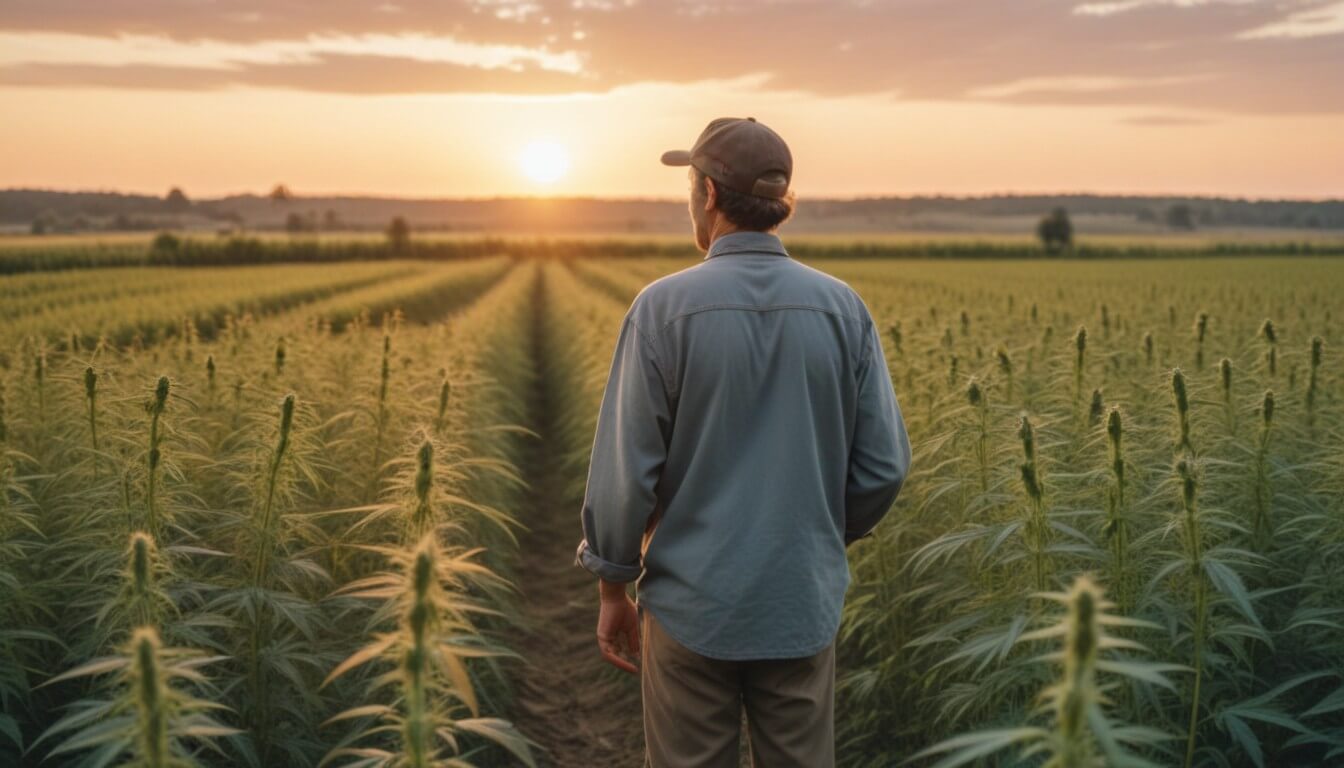In recent discussions within the United States legislature, significant attention is being paid to the agricultural and regulatory aspects of industrial hemp through the proposed frameworks of the upcoming U.S. Farm Bill. These deliberations provide a glimpse into potential changes that could reshape the cultivation and production landscape for domestic hemp farmers.
Proposals from Senate and House Committees
Differences between the approaches of the U.S. Senate Agricultural Committee and the House Ag Committee signify varying focuses and priorities associated with hemp laws in America. While the Senate’s proposal includes specific definitions and reduced regulations for industrial hemp, especially concerning non-intoxicating grain and fiber, the House still needs to address the issue with the same clarity or emphasis. This divergence suggests possible tensions and negotiations as the bill progresses.
Rationale Behind Regulatory Revisions
The intent to redefine industrial hemp and ease regulations reflects a broader objective to support agricultural sectors and tap into the economic potentials of hemp cultivation without contributing to narcotic-related issues. Advocates like Jonathan Miller, General Counsel for the U.S. Hemp Roundtable, commend these changes, particularly the efforts to remove previous restrictions imposed on farmers with criminal records related to hemp activities as instituted in the 2018 Bill.
Stakeholder Expectations and Concerns
Amidst these legislative undertakings, U.S. hemp farmers remain keen and optimistic about potential legal affirmations favoring their industry. They are lobbying for acknowledgment within the national legal framework that secures their trade and growth prospects. Additionally, concerns about cannabinoid regulation highlight the complexities of distinguishing THC-laden products from benign full-spectrum CBD oils, which contain trace amounts of THC but are valued for therapeutic qualities.
Political Implications and Economic Hopes
Political endorsements from conservative lawmakers who traditionally oppose marijuana reform suggest a strategic acceptance of industrial hemp as a means of enhancing economic prosperity in rural and economically struggling areas. The discourse around hemp illustrates an intricate balance policymakers attempt to achieve: stimulating the economy while avoiding inadvertent legalization of intoxicating substances.
Potential Outcomes and Industry Impact
The hopes of stakeholders like the Hemp Roundtable, as well as rational legislators, lean towards excluding any stipulations regarding intoxicating cannabinoids from the upcoming bills. Such an exclusion is seen as essential to protect both the nascent industrial hemp sector and the established cannabis industries from overlapping regulatory treatments that could hamper their operations. The industry is concerned that misclassification could result in tighter regulations, confusing non-psychoactive CBD with psychoactive marijuana derivatives and limiting market potential.
A Crucial Crossroad
Thus, as legislative motions unfold, it becomes increasingly evident that the future of U.S. agriculture notably ties with the fate of the industrial hemp subsector. Decisions made in the upcoming policy seasons will determine not only economic pathways but also societal norms concerning cannabis and its industrial relatives. For now, U.S. hemp producers and political figures carefully monitor these developments, anticipating adjustments that align public safety goals with burgeoning agronomic prospects.





